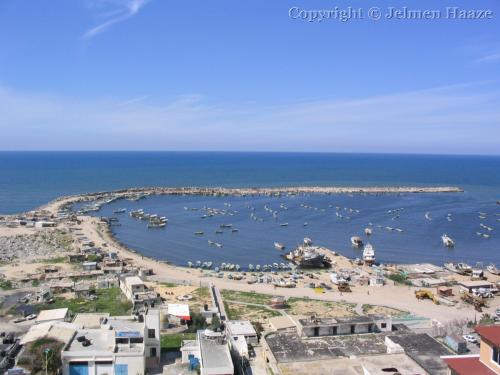Mutual benefit

Both the local and the international community demand a lot from the national governments. Sometimes more than they are able to deliver on their own.
For example: in deciding on “final frontiers”, a lot of vested interests are involved. Local leaders (civil society, mayors, private enterprises…) will see their power being reduced or are hoping for expansion. The sum of these micro-effects will ultimately determine whether a policy move is successful or not. Such problems are obviously exacerbated in areas where armed conflict is present.
Despite these natural difficulties, there are always areas where it is in the best interest of both communities to collaborate. A concrete example for Israel and Palestine could be water treatment in Gaza. As untreated sewage water from Gaza is being released in the Mediterranean, a northern current takes it to the beaches of Israel.
Dealing with this issue is clearly to the benefit of both communities. Moreover, it can be treated as a developmental project, rather than as a political one.

